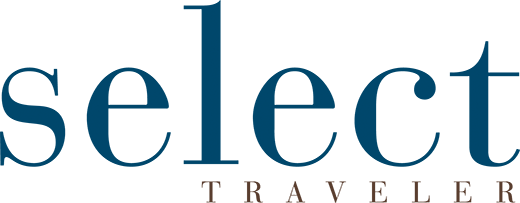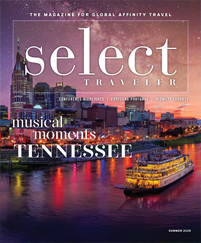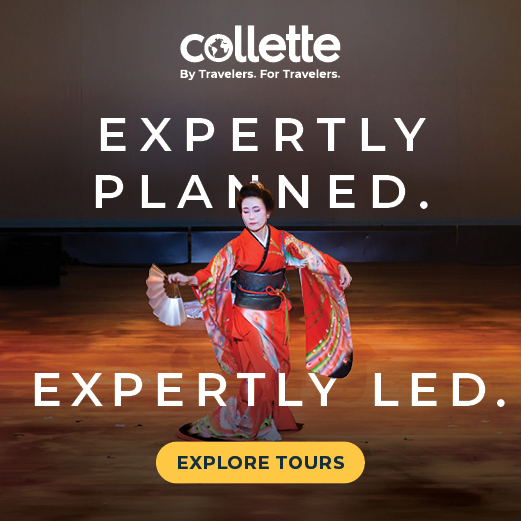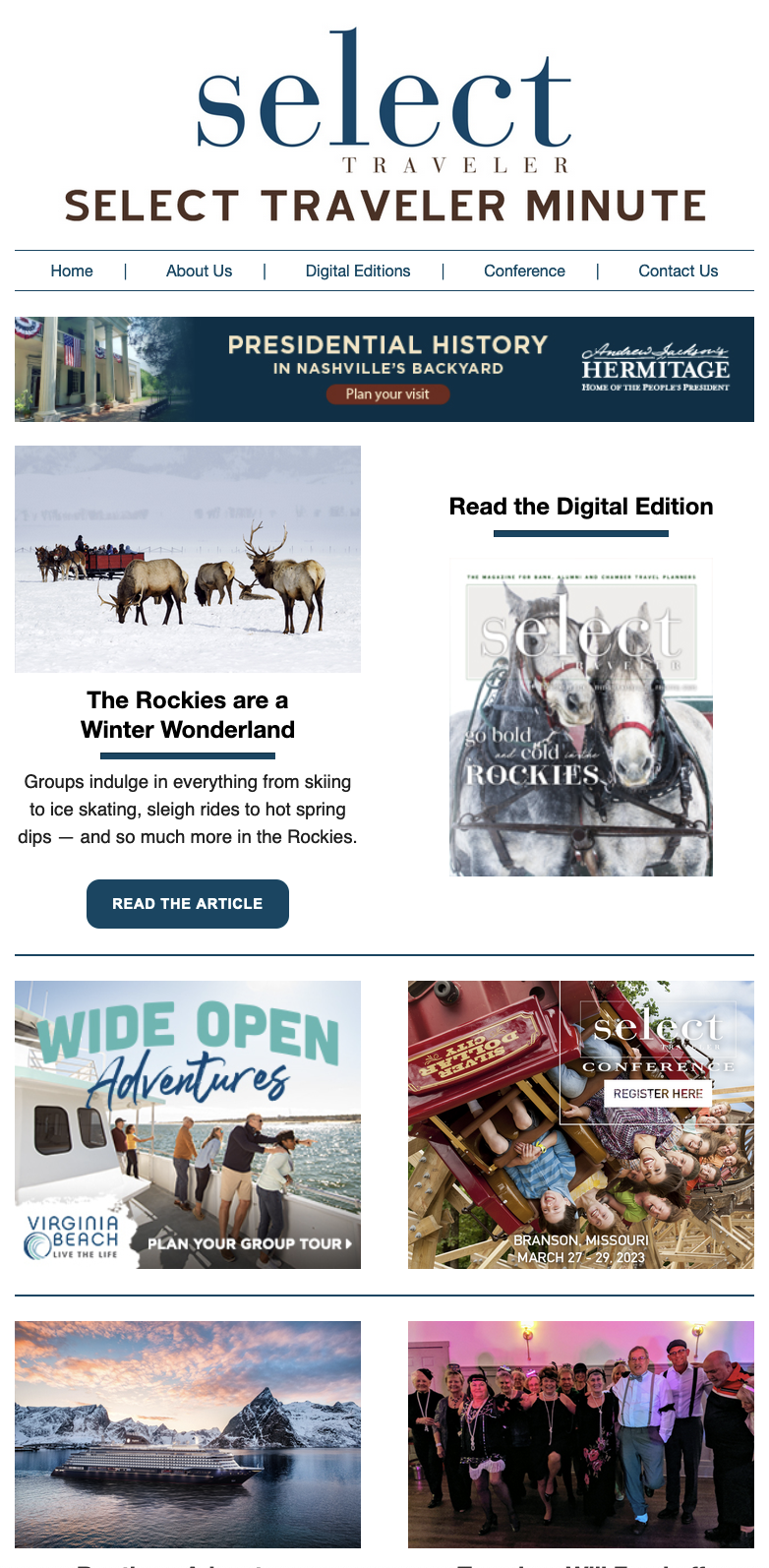If you’re going to invest time and money into attending a tourism conference, take some steps to make that investment worthwhile.
Conferences like the Select Traveler Conference are an essential part of the tourism planning landscape. They give you the chance to explore new destinations, meet new travel suppliers, build relationships with existing partners and grow professionally by learning from your peers. If you have a budget for professional development events and can afford the time out of the office, attending one or two tourism conferences each year can make a world of difference in the way you do your job as a travel planner.
The people who see the best results from conferences take strategic steps before, during and after the events to ensure that their investment pays dividends. So instead of showing up unfocused or unprepared, use these strategies to make the most of your next tourism conference.
Know What You Need
One good travel conference can be enough to create trips to fill a year or more of your group’s travel program, but only if you come prepared. Before leaving for the conference, make a list of all the trips you have planned for the coming two to three years, then decide what’s missing from that list. Do you need an international adventure in 2021? A great domestic mystery trip next year? A new tour operator partner or a hotel for an upcoming overnight? Once you know what gaps you need to fill on your calendar, you can be focused and effective at the conference.
Build Peer Relationships
In addition to meeting with suppliers, building relationships with your peers should be a priority when you attend tourism conferences. Some of these events, like the Select Traveler Conference, have specific breakout sessions for travel planners to discuss issues, develop best practices and share ideas. You should definitely attend these sessions and look for other opportunities to make friends with your travel planner peers during other networking events at the conference. Many planners who have met at professional events end up sharing resources, collaborating on trips and forming long friendships.
See the Host City
Many tourism conferences are so packed with scheduled activities that it can be difficult to see anything but the inside of a hotel or convention center. But for a travel planner, experiencing the destinations you visit for conferences can be a vital way to build your knowledge base and find new trip ideas. So don’t attend a conference without making time to see the city. You can take advantage of city sightseeing tours or pre- and post-conference FAMs offered by the host destination. Or if those aren’t available, arrange to stay an extra day or two before or after the conference to explore the area on your own.
Make a Hit List
Conferences make great opportunities to have one-on-one conversations with people with whom you want to work. The conference’s scheduling system may set up formal appointments with some of them but probably not all of them. Before the event begins, look at a registry of the sponsors and vendors attending, then make a “hit list” of those with whom you want to talk. Reach out to them ahead of time to set up time to get together for coffee or cocktails to make sure your most important conversations take place. And don’t be afraid to approach someone you see at the conference and ask for a meeting.
Follow Up Quickly
The energetic environment of a conference can fill you with creativity and new ideas. Back home, though, the mundane realities of daily life and the pile of work you missed while traveling can quickly suck the enthusiasm right out of you. To capitalize on your connections and ideas from the conference, take action on them as soon as possible. Email the tour company representative you met to ask for a formal quote. Survey your group members to gauge their interest in visiting some of the new destinations you have in mind. And put together an action plan to implement some of the new ideas you learned.









